Harnessing decades of experience in Ultrafiltration (UF) Technology
DuPont™ IntegraTec™ ultrafiltration modules offer increased efficiency alongside flexibility and scalability. Produced using advanced manufacturing processes, and harnessing membrane technology developed and refined over decades, these trusted ultrafiltration modules have a proven record of performance when tackling a vast array of filtration challenges.
DuPont™ IntegraTec™ helps customers easily harness complementary technologies to build efficient, robust solutions tailored to specific applications. Both PES and PVDF membranes are available, allowing for the development of best-fit solutions; Pressurized, Submerged, and Integrated ultrafiltration module components deliver the performance you need where you need it.
DuPont’s global team of experts, alongside supporting the close integration of DuPont™ IntegraTec™ ultrafiltration systems with downstream processes.
Scalable IP Racks Modules Offering
For further details, please refer to:
IntegraTec™ Ultrafiltration Modules - Open Platform Modules
Modules for Multi-Element Vessel Offering
| DuPont™ IntegraTec™ Modules | Active Membrane Area (m²) | Length (mm) | Diameter (mm) | Product Data Sheet |
|---|---|---|---|---|
| IntegraTec™ XP 52 IC module | 64 | 1537.5 | 220 |
|
For further details, please refer to:
Hollow Fiber Technology
High-filtration performance, high recovery, and energy savings
- Our ultrafiltration modules are made with high-strength, hollow-fiber ultrafiltration membranes that offer the following features:
- 0.03 μm nominal pore diameter to facilitate high-removal capability for bacteria, viruses, and particulates, including colloids.
- PVDF polymeric hollow fibers for high strength and chemical resistance.
- Hydrophilic PVDF fibers for easy cleaning and wettability to help maintain long-term performance.
- Outside-in flow configuration for high tolerance to feed solids and the use of air scour cleaning.
- U-PVC housings, which eliminate the need for pressure vessels and are resistant to UV light.
The outside-in flow configuration is tolerant of wide-ranging feed water qualities and allows air scour cleaning. The dead-end flow offers higher recovery and energy savings. The pressurized vertical shell-and-tube design eliminates the need for separate pressure vessels and allows easy removal of air from cleaning along with integrity testing steps.
The hollow fiber ultrafiltration membranes are 1.3 mm outside diameter and 0.7 mm inside diameter and are made from PVDF polymer. The fibers are strong due to a combination of PVDF polymer, an asymmetric membrane with smaller pores in the active filtration area, and a high porosity substructure. PVDF membranes offer high chemical resistance (e.g., resistance to chlorine) and are tolerant to temperatures of 40°C.
Related industries
Our technologies provide premium solutions for a broad range of industries. The following industries benefit from the IntegraTec™ portfolio of products.
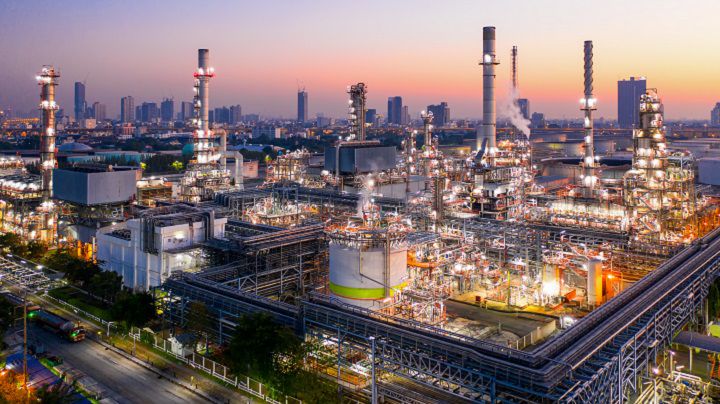
Our technologies and solutions are designed to help you overcome water challenges to produce your desired quantity and quality of industrial utility water.
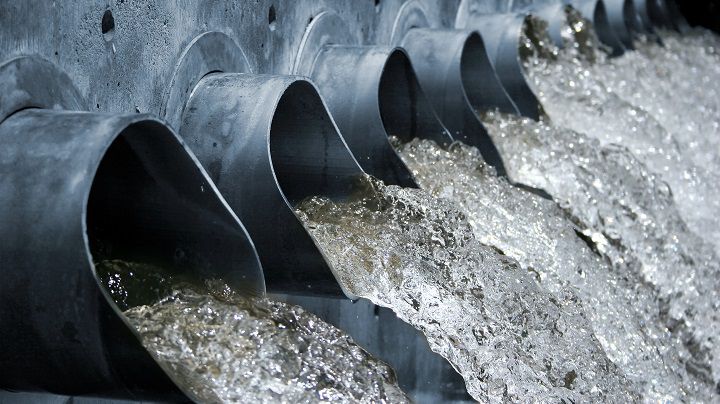
We develop best-in-class technologies, accompanied by an advanced product portfolio of solutions, to address your crucial wastewater challenges.
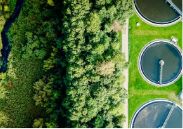
We help ensure a steady flow of clean, safe drinking water into local communities with our water-treatment solutions.

We provide high-quality and durable solutions to the seawater reverse osmosis (SWRO) system to last the lifecycle of operations.
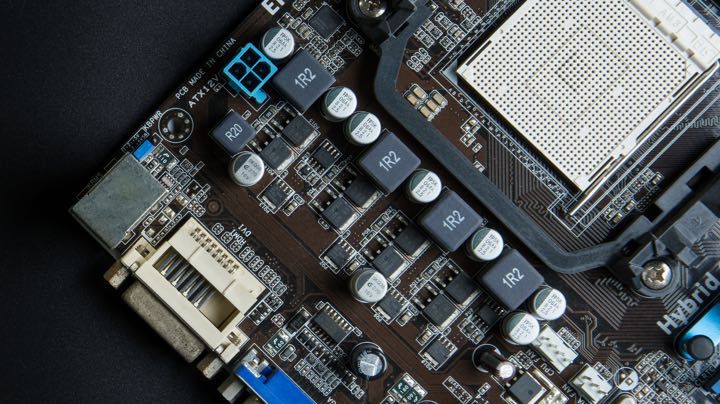
We enable the production of some of today’s most popular technologies by facilitating ultrapure water and effective water reuse.
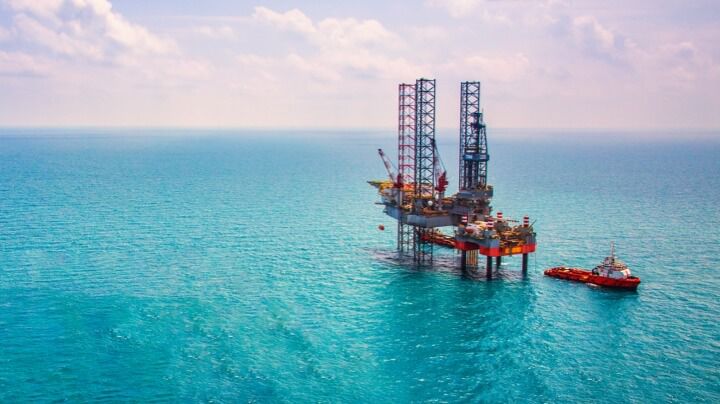
We help energy companies improve operational efficiency with specialized water treatment and wastewater reuse.

We help offices, schools, hospitals, hotels, and universities enhance their facilities with our water-treatment solutions.

We help improve the safety and quality of drinking water in homes with exceptional water treatment.
Related resources
See what’s possible
Ask how we can help your industry or market with our leading IntegraTec™ ultrafiltration portfolio.

